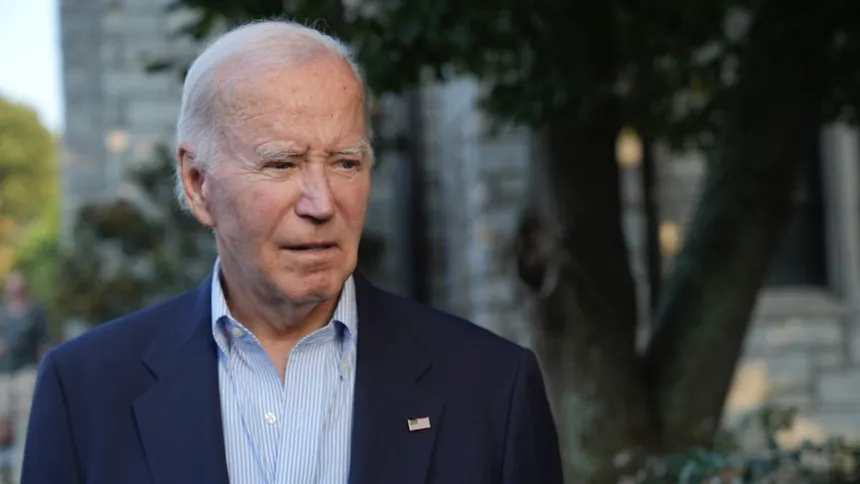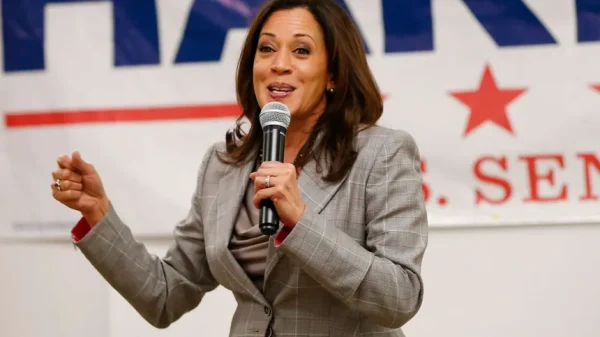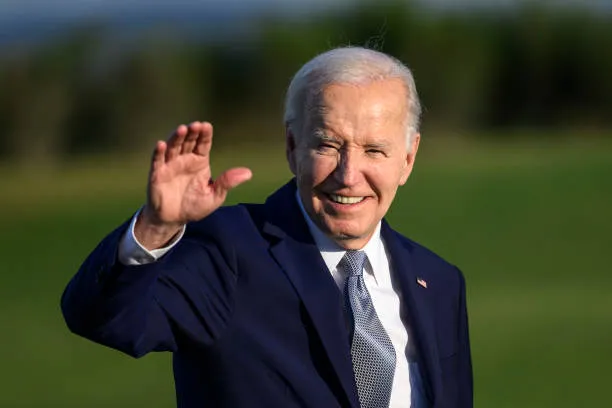The White House has announced that US National Security Adviser Jake Sullivan will visit China next week for a three-day meeting with Chinese Foreign Minister Wang Yi. This trip is part of an effort by the Biden administration to manage the complicated US-China relationship in its final months in office. The main topics that will be discussed during the meeting include US concerns about China’s support for Russia’s military efforts in Ukraine, its assertiveness in the South China Sea, and its relationship with North Korea. Additionally, the two sides will likely discuss their shared concerns about the ongoing Israel-Hamas war and the tensions between China and Taiwan.
The Chinese side is likely to express their concerns about the US tariffs imposed by President Biden, which affect several Chinese imports, including electric vehicles, advanced batteries, and solar cells. The US tariffs have been a contentious issue in the US-China trade relationship, and the Chinese government has previously warned that they could lead to retaliation. The meeting between Sullivan and Wang will also focus on areas of cooperation between the two countries, such as stemming the flow of precursor chemicals used to make fentanyl and maintaining communication channels. Additionally, the two sides will discuss cooperation on artificial intelligence and other technology issues.

President Joe Biden (Image via Getty)
This visit is not expected to result in any major announcements or agreements, but rather serves as a way for the two countries to maintain communication and demonstrate their ability to work together despite their differences. The meeting comes as both Democratic and Republican presidential candidates are vowing to take a tougher stance on China, with some promising to impose additional tariffs or sanctions. The visit also has the potential to set the stage for another meeting between President Biden and Chinese President Xi Jinping. The two leaders last met in November and spent four hours discussing a range of issues, including illegal fentanyl, military communications, and economic competition.
Despite the challenges, the two countries have made some progress in their relationship. The upcoming meeting between Sullivan and Wang will be the ninth time that the two sides have met to discuss their relationship. The meeting will be a significant opportunity for the two countries to maintain communication and demonstrate their commitment to working together, even in the face of significant challenges. The meeting will likely be a reflection of the complicated nature of the US-China relationship, with both sides expressing concerns and disagreements, but also working together on areas of mutual interest.


























